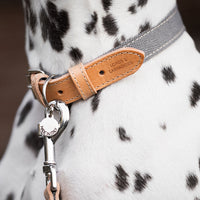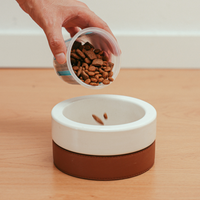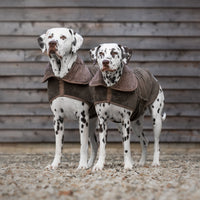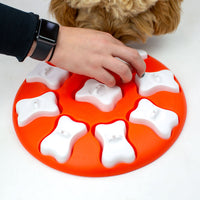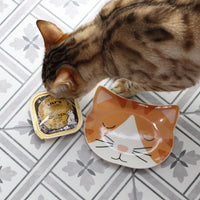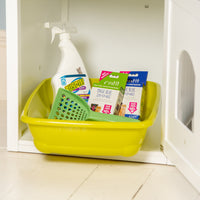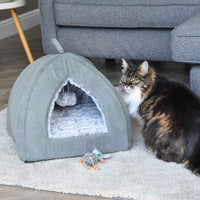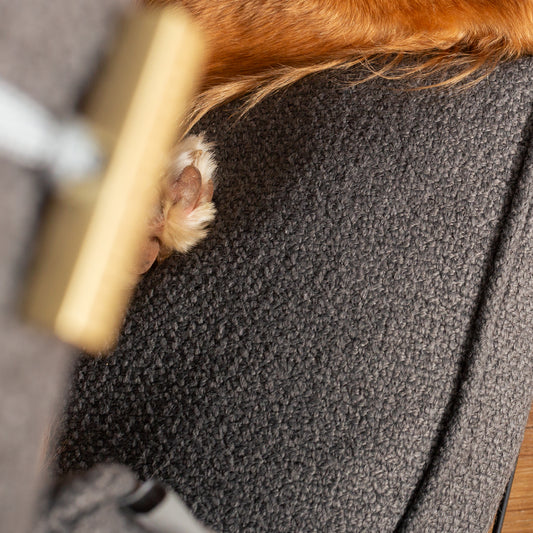It’s safe to say we can hardly wait for Spring! Winter has its charm; romantic in its bleakness, but there’s nothing quite like the dawning of Spring. Daffodils blooming, lambs in the fields and longer daylight hours… sigh! But fear not, the transition into Spring is upon us. With this in mind, there are a few things that pet owners should consider with the changing of the seasons. The warmer climate will bring with it some changes in our pets which may affect how we look after them. Here we look at a few ways you can prepare your pets for Spring…
Pet Grooming

As the weather gets warmer our cats and dogs will begin to shed their winter coats to make way for their new sleek fur. This potentially, depending o the breed of your pet, means lots of shedding. Most breeds will shed somewhat, but especially longhaired breeds. Be prepared to hoover it regularly and also increase their grooming routine. A daily brush will hopefully keep shedding to a minimum and also keep knots and tangles at bay. Even shorthaired will benefit from a regular brush. It not only detangles hair, but also provides a good massage and stimulates blood flow. Not to mention that’s it’s great bonding time for you both too. Depending on your pet’s temperament, you may wish to give them a bath every now and then too. Use a gentle pet shampoo for the wash and then dry with a drying towel or mitts.
Seasonal Allergies in Pets
Like humans, animals too can suffer from seasonal allergies. These cause similar symptoms to those humans would suffer, such as runny noses, watery eyes and itching. It’s best to speak to your vet about the best preventative method for your particular pet, but a regular wash may help remove airborne allergens that may become attached to your pet; and increasing Omega-3 fatty acids in their Diet could also help.
Fleas, Ticks and other Pests

The warmer weather will bring with it the emergence of biting flies, mosquitos and other pests. They are not just an annoyance but can also cause illnesses in our pets, so keeping them at bay is essential. There are many options for flea and tick prevention. Again we’d suggest speaking to your vet about the best solutions for your particular pet.
Beware of Poisons
The most common poisons are plant based. We’ve talked about the types of flowers and plants that can be poisonous to our pets in previous articles, so make sure you are aware of those and keep your pet away for them as best you can. Foods such as onions, garlic, grapes, chocolate and salt can also be toxic to pets. Be aware and keep your pet safe coming into the Spring.
Make Your Pet is Microchipped
We’d suggest you get all cats and dogs microchipped. Any animal that goes outside should be microchipped just in case they get lost, but we’d even suggest chipping indoor cats just to be on the safe side. That open window might just entice them to explore further in the warmer months. An ID tag on a collar is a good addition for someone to quickly locate a lost pet’s home, but a microchip is the safest, most secure option.










